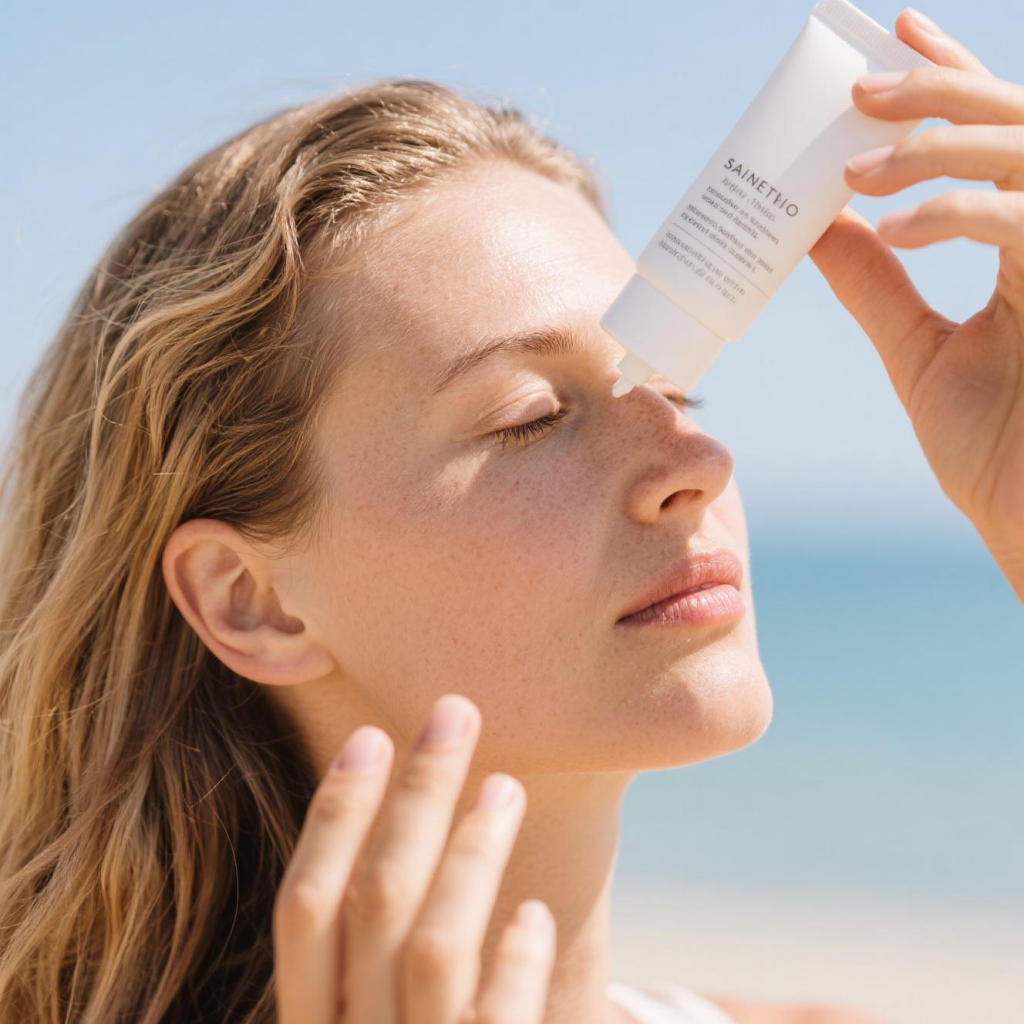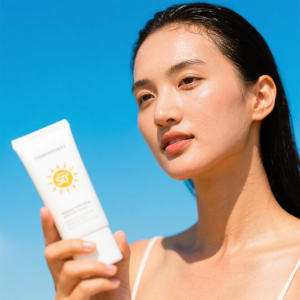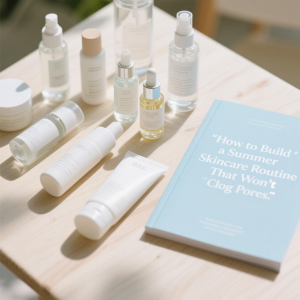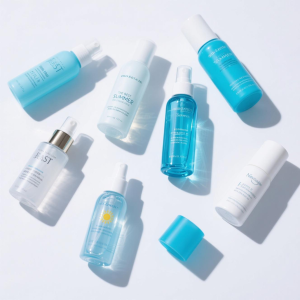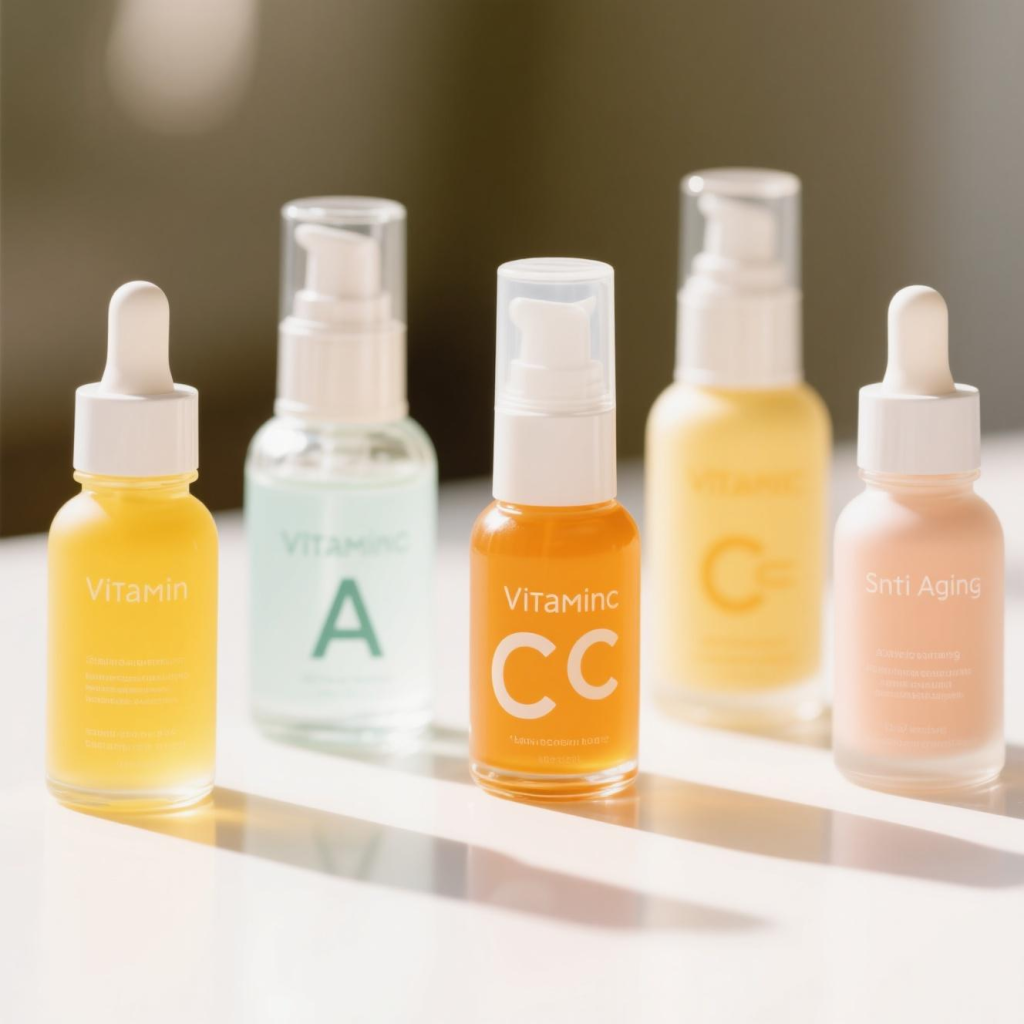
Summer skincare can feel like navigating a minefield, especially when you want to protect your skin from aging while facing the challenges of heat, sun exposure, and humidity. Many people assume that anti-aging products are better suited for cooler months, but the truth is, summer demands a thoughtful approach to maintaining youthful, radiant skin. The combination of strong UV rays and environmental stressors can accelerate signs of aging if your skincare routine doesn’t adapt. However, certain powerful ingredients truly shine when it comes to anti-aging during summer, offering protection, repair, and hydration all at once.
Retinol, a celebrated powerhouse in the anti-aging world, often gets a bad rap during summer because of its potential to increase photosensitivity. Yet, when used properly with diligent sun protection, retinol remains a cornerstone for boosting collagen production and accelerating skin cell turnover. One friend of mine, who is very committed to her skincare routine, learned this the hard way. She initially stopped using retinol in summer, fearing irritation and sun damage. But after consulting with a dermatologist, she began applying a gentle, lower concentration retinol at night and never skipped her broad-spectrum SPF in the morning. The result was a smoother complexion, reduced fine lines, and better skin texture throughout the summer months. This experience taught her that summer doesn’t have to be a break from effective anti-aging treatments, but rather a season to adjust and optimize.
Vitamin C is another ingredient that deserves its place in a summer anti-aging regimen. This potent antioxidant fights free radicals generated by sun exposure and pollution, which are prime culprits in premature aging. Vitamin C serums brighten dull skin, even out pigmentation, and stimulate collagen synthesis. I recall a colleague who struggled with sunspots and uneven skin tone every summer. Once she introduced a stable vitamin C serum into her morning routine, she noticed a gradual fading of her dark spots and a more radiant glow. The brightening effect gave her confidence, especially when paired with her trusty sunscreen. It’s a beautiful example of how antioxidants not only protect the skin but also enhance its natural luminosity, a true summer glow-up.
Hyaluronic acid stands out for its exceptional hydrating ability, crucial for maintaining skin elasticity and plumpness in hot weather. Summer heat and air conditioning can strip skin of moisture, making it look tired and accentuating wrinkles. Hyaluronic acid works by attracting and holding onto water molecules, keeping skin deeply hydrated without feeling heavy or greasy. My aunt, who lives in a dry, sunny climate, swears by her hyaluronic acid serum. She uses it under her moisturizer every morning and evening, saying it’s like giving her skin a refreshing drink after a long day outdoors. The way it helps her maintain softness and suppleness even in intense heat is a testament to its enduring anti-aging benefits.
Niacinamide, a form of vitamin B3, is a multi-tasking ingredient that improves skin texture, reduces inflammation, and strengthens the skin barrier. It’s especially beneficial in summer because it calms irritated skin that might be prone to redness or breakouts due to sweat and sun exposure. An old college friend who deals with sensitive, reactive skin shared how adding niacinamide to her routine was a game changer. During summer trips to the beach, her skin no longer flared up as it used to. Instead, it looked balanced and smooth, with a noticeable reduction in the appearance of pores and uneven tone. Niacinamide’s ability to enhance the skin’s resilience makes it a reliable ally against the harshness of summer conditions.

Sunscreen, while often considered just protection, is arguably the most critical anti-aging “ingredient” for summer. Daily use of a broad-spectrum sunscreen shields skin from UVA and UVB rays, the main drivers of premature aging such as wrinkles, loss of firmness, and pigmentation. I have vivid memories of my mother’s dedication to sunscreen application during her summers gardening under the sun. Her skin stayed remarkably youthful compared to many of her peers who neglected sun protection. She always emphasized that no anti-aging cream can replace the preventive power of sunscreen. Even the best serums and moisturizers won’t fully protect you if you skip this essential step. The modern sunscreens that feel light and breathable make this easier than ever, turning sun protection into a seamless part of daily skincare rather than a burden.
Incorporating these ingredients thoughtfully, with respect to how summer changes your skin’s needs, can make all the difference in how you age gracefully during the hotter months. I’ve seen friends experiment with different combinations, learning through trial and error what works best for their skin type and lifestyle. Some enjoy the boost in confidence from vitamin C’s brightening effects, others appreciate the soothing and hydrating power of niacinamide and hyaluronic acid when the sun feels relentless. And for those who fear retinol in summer, adjusting usage and doubling down on SPF has made it a staple rather than a forbidden fruit.
These real-life experiences highlight that anti-aging skincare in summer isn’t about avoiding active ingredients but understanding their strengths and limitations. It’s about embracing a balanced approach that nourishes, protects, and revitalizes the skin while acknowledging the unique challenges of the season. With the right knowledge and products, summer can be a time to glow, not just survive.
